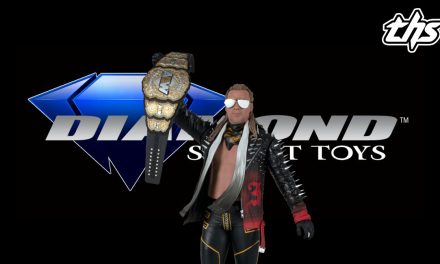Harrison Ford is and remains one of the most recognizable leading men in Hollywood. He of course portrayed everyone’s favorite scoundrel Han Solo in the Star Wars franchise. In 2022 he will reprise his other most famous role of Indiana Jones. There’s no question he’s had a long and illustrious career. Notwithstanding, the actor who once portrayed Jack Ryan generally doesn’t like to talk about his pop culture roles. That didn’t stop him last night at the Oscars, however. Ford took a couple of shots at another of his most popular films, Blade Runner, as he presented the Academy Award for Best Editing.
“Why do we need the third cut to the eggs?”
Harrison Ford shares edit notes for one of his movies. Guess which film. https://t.co/sdgeoBK7lX #Oscars pic.twitter.com/4oP676tDDm
— ABC News (@ABC) April 26, 2021
In between The Empire Strikes Back and Return of the Jedi, Harrison Ford took a science-fiction detour with 1982’s Blade Runner. There he played Rick Deckard, a former cop and hunter of replicants, androids that perfectly mimic human life. While not a boom at the 1982 box office, the film spawn the sequel Blade Runner: 2049. (Ford starred opposite Ryan Gosling in the 2017 blockbuster). Last night, Ford used the original film as a means to explain the importance of editing while presenting this year’s award.
Harrison Ford takes digs at Blade Runner at Oscars

“I’m going to share some notes, some editorial suggestions that were shared after the screening of a movie I was in,” the actor begins. The Han Solo actor then launches into a string of criticisms of the first cut of the film. Harrison Ford concludes by saying “this movie gets worse every screening. That movie was called Blade Runner. These notes can help us understand why the editing process can often get a little complicated.”
Despite its criticisms, Blade Runner went on to become a cult classic. Most now consider it one of the best sci-fi films ever. So much so, in fact, that people remember Harrison Ford as much as Deckard as they do Han Solo and Indiana Jones. It just goes to show that a movie that screeners considered “confusing” and “deadly dull” can still be turn out a masterpiece.


![Star Trek: Picard – 2.04 Watcher [RECAP & REVIEW]](https://thathashtagshow.com/wp-content/uploads/2022/03/project_20220323_1416208-01-440x264.png)

![Blue Box Ep. 3 “Chii”: Misunderstandings Leading To Competence [Review]](https://thathashtagshow.com/wp-content/uploads/2024/10/78e0e833-f42e-446f-8273-d06803ecd065-440x264.jpg)
